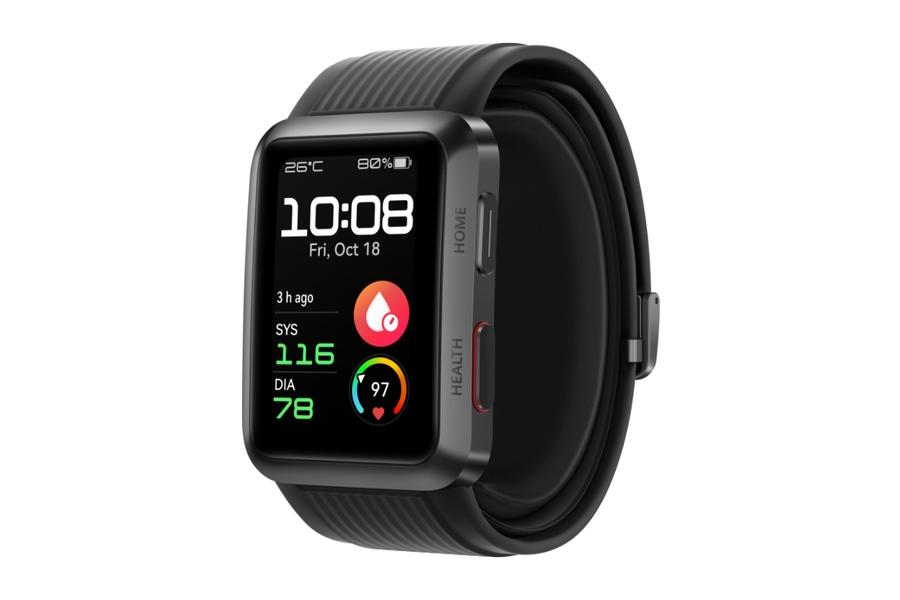Brainomix AI used in UK atrial fibrillation study

A major study in the UK will look at how effective a Huawei wearable device and artificial intelligence software from Brainomix are in the detection of atrial fibrillation (AF) in people who are recovering from a stroke.
The trial – sponsored by the University of Liverpool – will collect data from acute ischaemic stroke patients in real-time using Huawei’s Smartwear watch and automatically transfer it to the investigators using Brainomix’ e-Stroke platform.
AF is a heart rhythm condition that causes an irregular and abnormally fast heart rate – sometimes so fast that the heart muscle cannot relax properly between contractions. This reduces the heart’s efficiency and performance, but also raises the risk of blood clots.
It is the most common heart rhythm disturbance, affecting around one million people in the UK who are a result at increased risk of having a stroke and dying, as well as heart failure and dementia. At the same time, it can be hard to detect as it is often asymptomatic.
The new trial is building on an earlier large-scale study run by the university, which found that Huawei wrist band or watch devices with optical photoplethysmography (PPG) sensors were able to detect AF reliably by measuring blood volume changes in the microvascular bed of tissue.
The earlier study, in almost 190,000 people aged over 18 in China over a seven-month period, showed that the devices identified 424 suspected AF signals, 87% of which were found to be cases of AF on subsequent follow-up by medical specialists.
In the new trial, sites that have already deployed the e-Stroke software will use it to collect and analyse the real-time imaging data.
The chief Investigator in the study, Professor Gregory Lip, who is also Price-Evans Chair of Cardiovascular Medicine and director of the Liverpool Centre for Cardiovascular Science, said “We are delighted by this collaboration with Brainomix, which enhances our growing research portfolio into stroke and atrial fibrillation research, and would help inform clinical practice and improve our care and management of these patients.”
University of Oxford spin-out Brainomix is seeing increasing uptake of e-Stroke, which is primarily used to improve diagnosis and treatment of people with suspected stroke from medical images and has been deployed in hundreds of hospitals across the UK, other countries in Europe and Asia, as well as the US .
Last year, the company teamed up with fellow UK digital health company Visionable to improve post-stroke care in the UK and overcome bottlenecks that hold up the care of patients.













